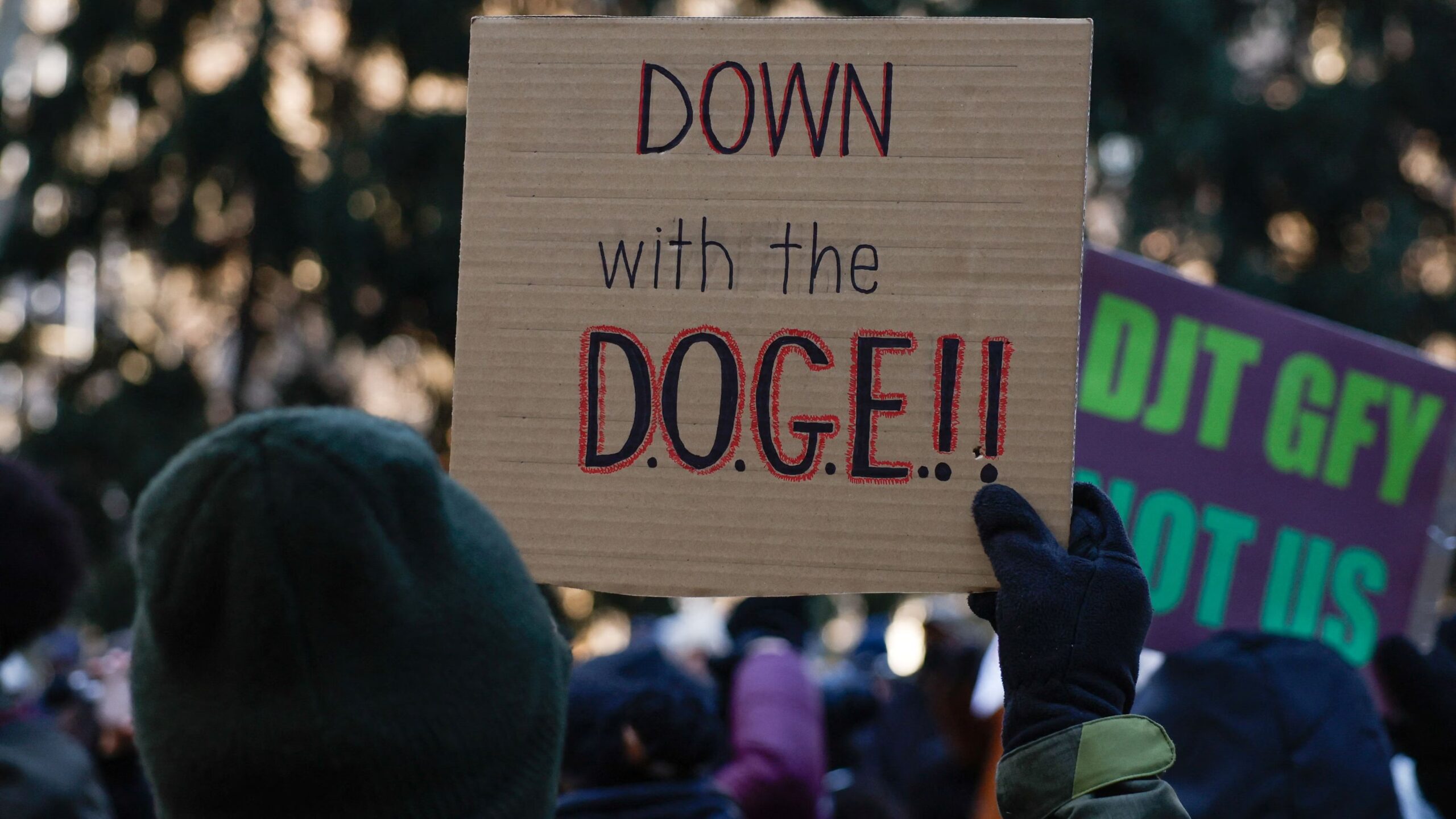
A new report has cast doubt on the Department of Government Efficiency (DOGE), which was created to trim federal spending. Despite months of cuts to contracts, research grants, and jobs, the agency has reportedly saved far less than the trillions once promised by Elon Musk.
DOGE claims it has achieved $205 billion in savings since President Donald Trump’s inauguration, boasting of progress through its public “wall of receipts.” But Politico’s review shows that many of those receipts don’t match up.
Discrepancies in the Numbers
According to DOGE, $52.8 billion was saved through canceled contracts. The investigation, however, verified only $32.7 billion in contracts canceled, with the real financial impact closer to $1.4 billion. The difference lies in how DOGE calculates the numbers: it counts the maximum spending possible for each contract rather than actual outlays.
Experts often compare this practice to canceling a credit card with a high limit — it doesn’t mean that money was ever going to be spent. As a result, Politico concluded that DOGE has saved just 2.6 percent of what it claims from canceled contracts.
Accounting Methods Under Scrutiny
These questionable calculations have been flagged before. Since February, watchdogs have warned that DOGE’s accounting practices inflate its impact on the deficit. In reality, none of the supposed savings reduce the federal deficit unless Congress acts, since the money simply returns to individual agencies.
The Trump administration defended the agency’s reporting, stating that DOGE has delivered “historic savings for the American people” and that its savings wall is “updated in real time.”
Musk, who stepped down from DOGE earlier this year, originally said the agency would save $2 trillion. By April, that goal was revised down to $150 billion. Even so, the reported $205 billion total has come under sharp criticism as “drastically exaggerated.”
What is clear is that DOGE’s actions have cut into government services, reduced foreign aid, and eliminated $125 million in funding for LGBTQ health initiatives. The long-term effects of those cuts remain uncertain.
Author’s Opinion
DOGE’s flashy accounting tricks may look impressive on a screen, but the reality is much smaller. Counting possible spending as if it were money already spent makes the numbers meaningless to taxpayers, who will still feel the sting of service cuts and program losses. Real savings come from efficiency, not from creative bookkeeping that overstates results while weakening essential support for people.
Featured image credit: Heute
For more stories like it, click the +Follow button at the top of this page to follow us.
